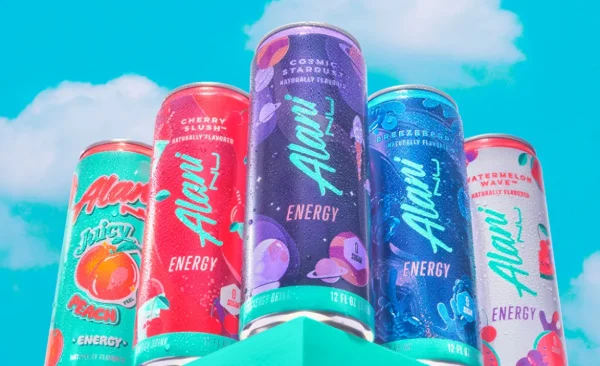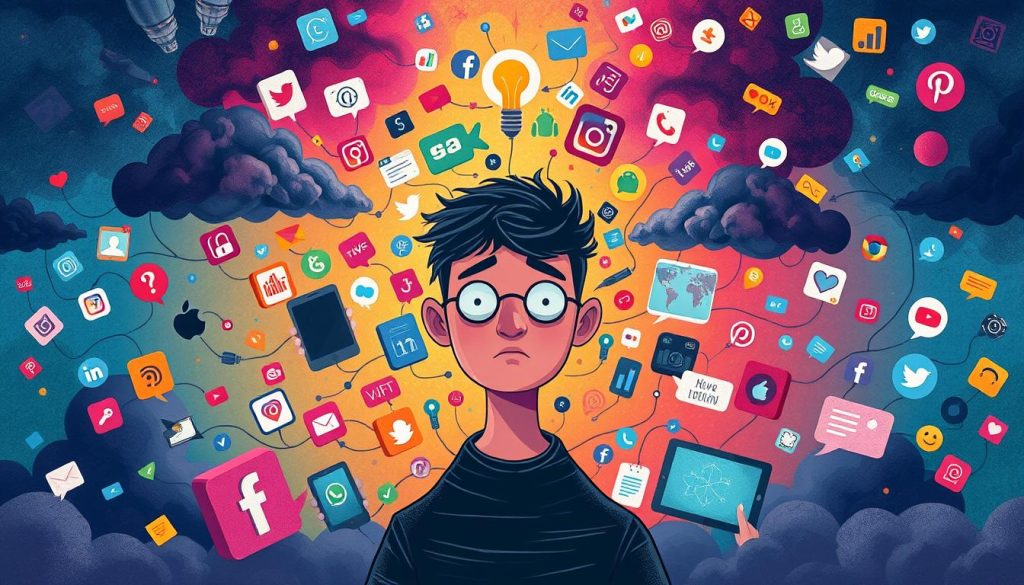In high school, students turn to energy drinks to get through their packed schedules, early mornings, and endless homework. More and more students are showing up to class with a Celsius or Red Bull in hand, relying on it to get them through eight hours of classes. However, while these drinks assure consumers energy and focus, they also come with serious side effects that students tend to ignore or are blatantly unaware of. With caffeine crashes, trouble sleeping, and growing reliance, it’s worth asking: Are students becoming too reliant on energy drinks?
Energy drinks have become a regular part of student life, especially with long school days, extracurricular activities, and hours of homework. What used to be an occasional boost of energy is now routine for many students who are trying to stay alert, focused, and productive.
Kate Weiss (’26), shares that she consumes up to ten energy drinks each week, which is the equivalent of two per day. She also notes that energy drinks had become one of the solutions to her demanding course load, with many APs and honors classes that required her to stay up extremely late doing homework. This pattern of reaching for energy drinks, rather than adjusting schedules or improving sleeping habits, has become all too common, leaving many students feeling as though they have no other choice but to keep going until they burn out.

While energy drinks offer an immediate boost of energy, their ingredients and potential health risks raise serious concerns. Most energy drinks are loaded with high levels of caffeine and sugar that are responsible for negative health effects such as insomnia, anxiety, dehydration, and heart complications. A typical energy drink contains between 80-200 milligrams of caffeine, which is equivalent to one or two cups of coffee. While this may not seem harmful, consuming large amounts of caffeine produces a higher tolerance to it, leading people to consume more and more caffeine to feel the same effects.
In addition to caffeine, energy drinks contain high amounts of added sugar, with some brands having up to 50 grams of sugar per can. The combination of caffeine and sugar can lead to energy crashes, irritability, and difficulty concentrating, making it more difficult for students to focus once the effects wear off. The increased risk of health conditions that come along with excessive consumption of energy drinks reveals that students are risking their health because they do not have enough energy to get through the day.
Ultimately, the growing dependence on energy drinks among high school students is not just a trend—it’s a warning. When students feel as though they must rely on caffeine and sugar to function, it speaks to a larger issue within schools that concerns unrealistic expectations and a lack of support for healthy habits. While an occasional energy boost may seem harmless, regular consumption puts students at risk for long-term health problems and creates a cycle of dependence. It’s time to recognize that energy drinks are not a sustainable solution. Instead, schools and students must prioritize better time management, reasonable workloads, and most importantly, rest.









